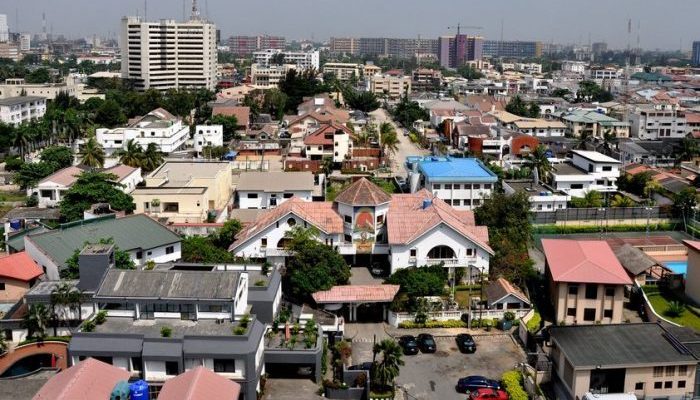The rising cost of living in Nigeria has sparked a surge in rent defaults, leaving both tenants and landlords grappling with financial hardship. Inflation has soared to an alarming 34.6 percent as of November 2024, with stagnant incomes forcing many tenants into a corner where meeting their rent obligations has become nearly impossible.
Landlords, in turn, are left frustrated, facing mounting arrears and the challenge of maintaining their properties in the face of dwindling returns.
In major cities like Lagos, rents have skyrocketed by as much as 100 percent in the past year, exacerbating the strain on households already struggling to make ends meet. Reports indicate that approximately 80 percent of properties under the management of some landlords are plagued with defaulting tenants, creating a ripple effect that has pushed some property owners to consider selling their investments altogether.

While the Lagos State government has advocated for the adoption of monthly rent payments to ease the financial burden on tenants, cultural preferences for yearly payments remain deeply ingrained. This system, which once provided landlords with a sense of security, has now become a double-edged sword. Many long-term tenants have fallen behind on their payments, forcing landlords to navigate the labyrinth of the Lagos State Tenancy Law, which makes reclaiming properties from defaulters a daunting task.
Amid these challenges, the Lagos State real estate market faces an uncertain future. Inflation and the volatility of the naira have discouraged local and foreign investors, many of whom have adopted a “wait and see” approach before committing to new projects. The BuyLetLive 2024 housing market survey highlighted that economic instability is deterring investment, leading to a decline in the development of affordable housing and an increase in competition for existing units in high-demand areas.
Despite the struggles, the survey revealed that most Lagosians continue to favor annual rent payments. According to the report, 62.6 percent of respondents prefer to pay rent yearly, even as the government explores the introduction of an online platform to facilitate monthly rent payments. This platform, as outlined in the state’s “EKO Revenue Plus Summit” document, aims to generate N2.5 billion annually through subscriptions. However, the government’s plan may face resistance from tenants who feel more comfortable with the traditional annual system.
The survey also shed light on the preferences and financial capacities of Lagos renters. While 34.5 percent of respondents prefer to pay between N1 million and N3 million annually, a smaller group—11.8 percent—can only afford rents between N100,000 and N500,000. Others, roughly 26.4 percent, fall into the mid-range bracket of N500,000 to N1 million. Only a minority, about 7.3 percent, can afford luxury rentals ranging from N5 million to N10 million per year.
When it comes to apartment preferences, Lagosians are predominantly opting for two-bedroom and three-bedroom apartments, with 38.2 percent and 35.5 percent of respondents selecting these categories, respectively. Smaller apartments, such as one-bedroom units, account for just 9.2 percent of the demand, while 16.4 percent prefer larger four-bedroom units.
For landlords, the situation has prompted a reevaluation of investment strategies. Some are contemplating further rent hikes to offset losses caused by defaulting tenants, but this move risks alienating renters even further. Others are considering exiting the buy-to-let market entirely, wary of prolonged returns on investment due to economic instability.

Experts warn that without decisive government intervention, the situation could deteriorate further. Proposals for rent control and increased regulation have been floated as potential solutions, but implementation remains a challenge. In the meantime, tenants find themselves trapped in a cycle of rising costs and diminishing purchasing power, while landlords struggle to navigate the increasingly hostile economic landscape.
READ ALSO :Takushara Apo Residents in Abuja Beg for Affordable Housing Amid Rising Rents and Mining Impact
Despite the bleak outlook, the BuyLetLive report predicts some resilience in Lagos’s real estate sector. While the pace of rent increases is expected to slow in the latter half of the year, the combination of population growth and rapid urbanization suggests that demand for housing will remain strong. However, the lack of affordable options may continue to drive competition for existing units, leaving many prospective tenants in limbo.
In a country where economic instability has become the norm, the rent crisis serves as a microcosm of broader challenges. For now, both tenants and landlords are left searching for solutions in a market that offers few easy answers. As Nigeria continues to grapple with inflation, unemployment, and a volatile exchange rate, the question remains: who will bear the brunt of the burden in the months to come?



